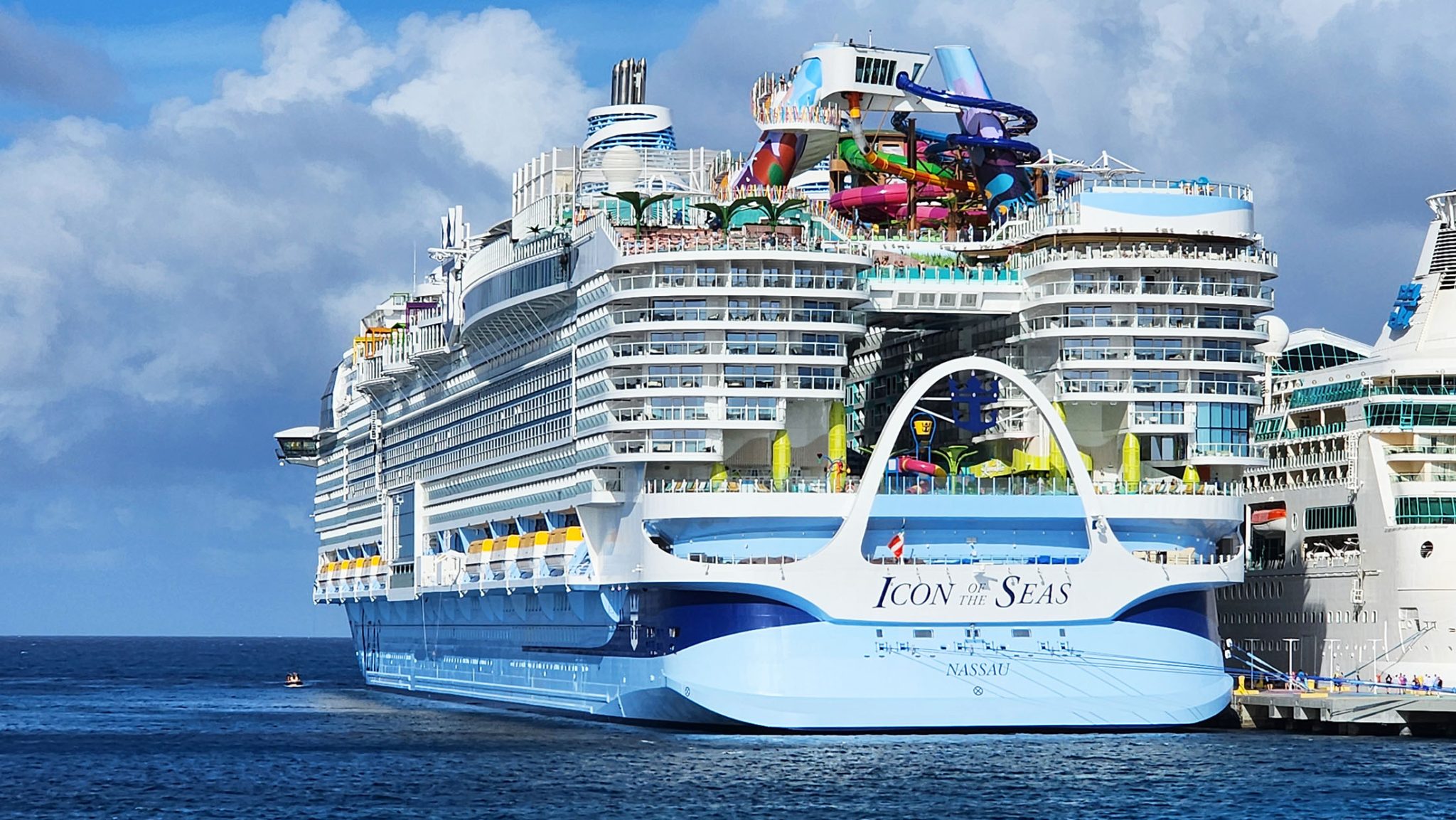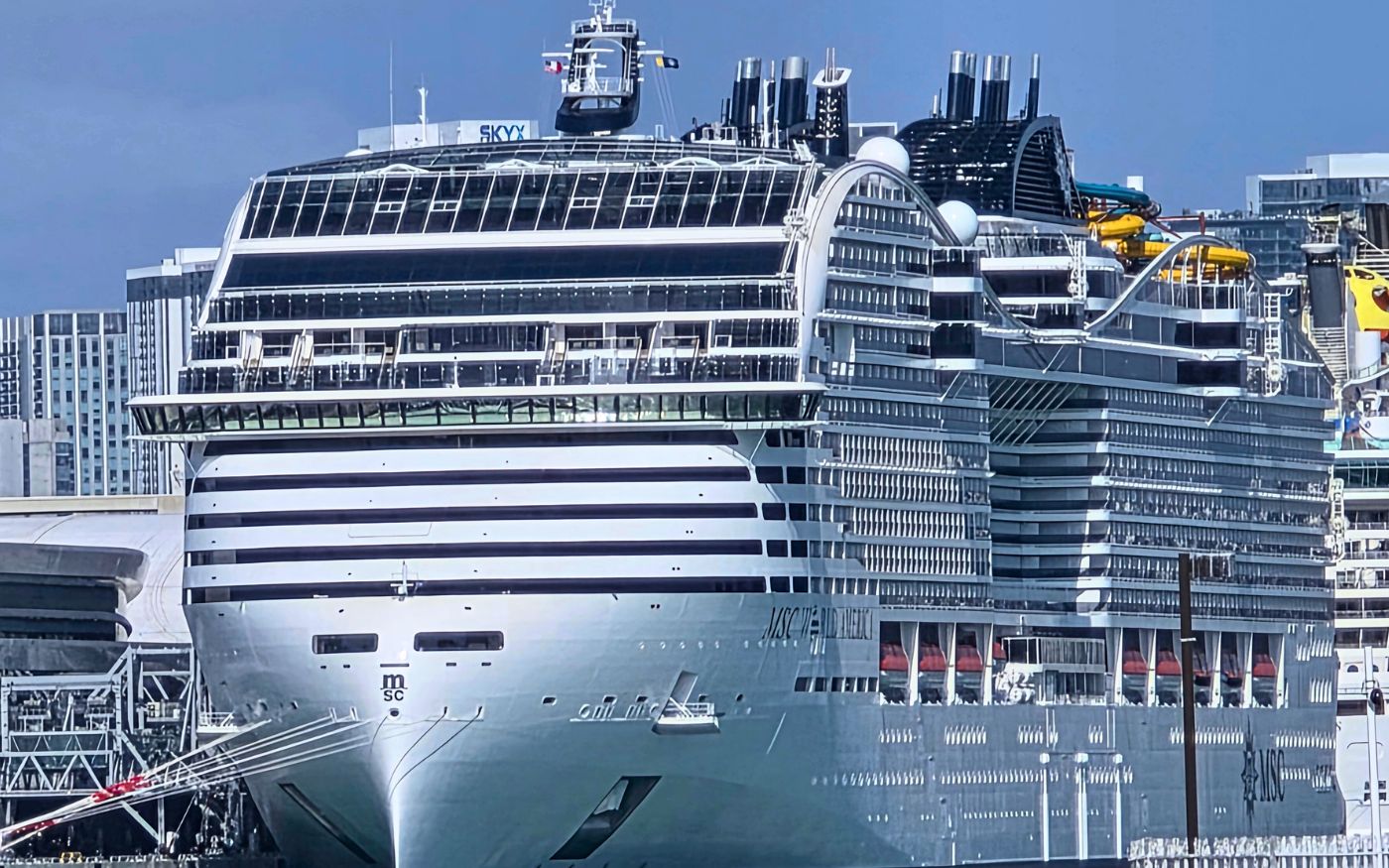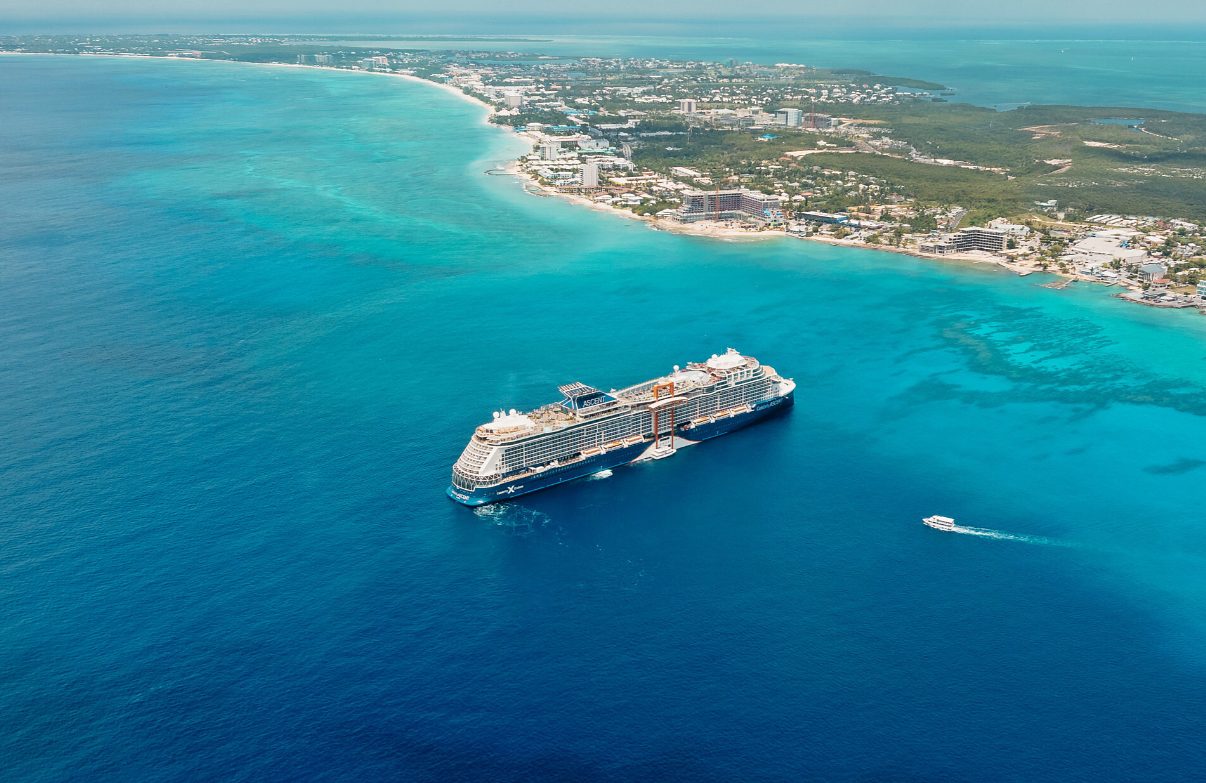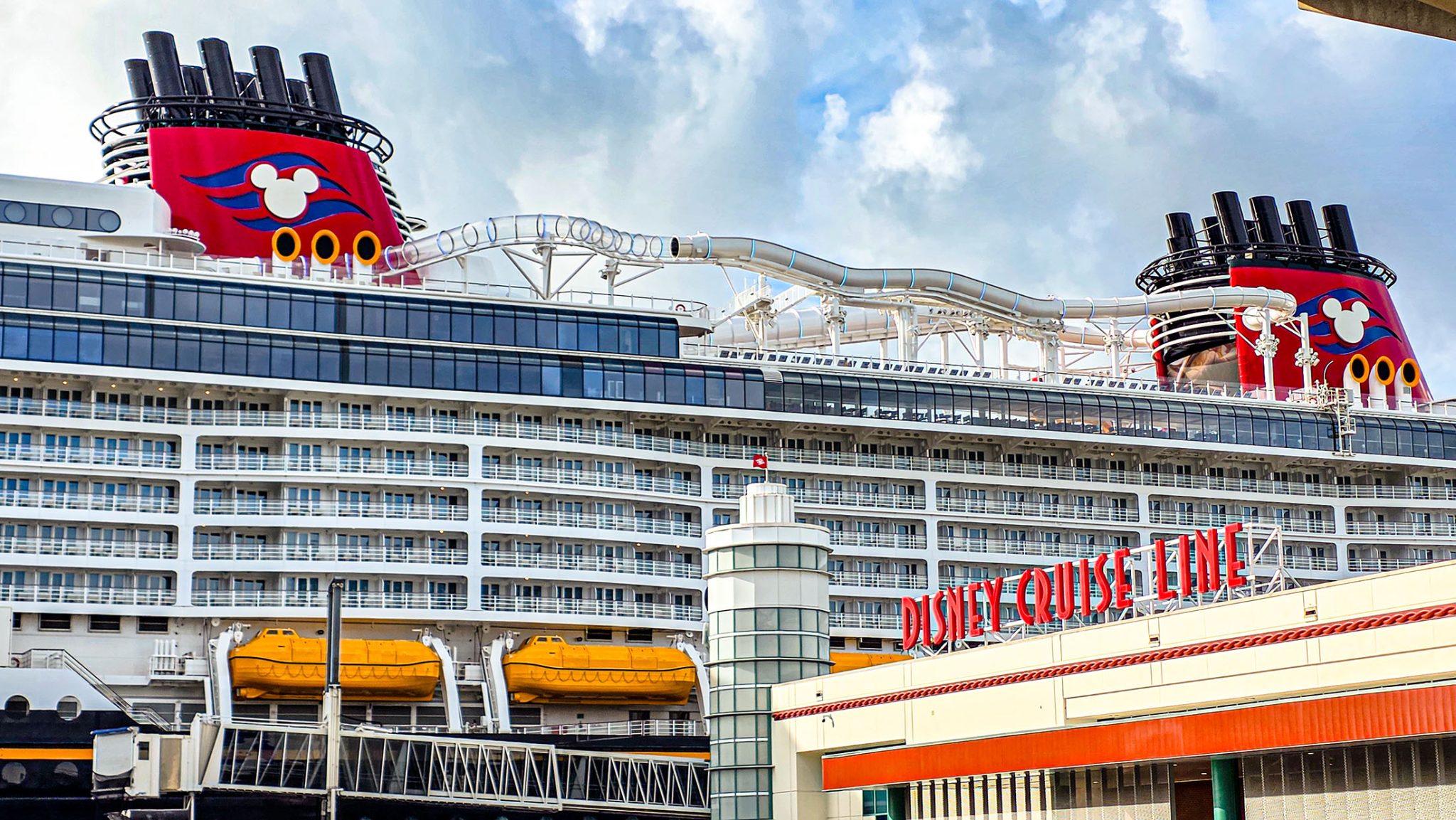It may come as a surprise, but yes – there is a chance you could be bumped from your upcoming cruise.
Cruise lines do reserve the right to cancel or change bookings, and there are several scenarios where this can happen.

The good news? When it happens, most cruise lines offer more than just a refund – they typically provide alternative sailings, discounts, or onboard perks to soften the blow.
Still, it’s worth understanding why these situations arise and how to protect yourself, at least as much as possible…
1. The Ship Has Been Chartered
Cruise ships are sometimes chartered by companies, groups, or events that rent out the entire vessel.
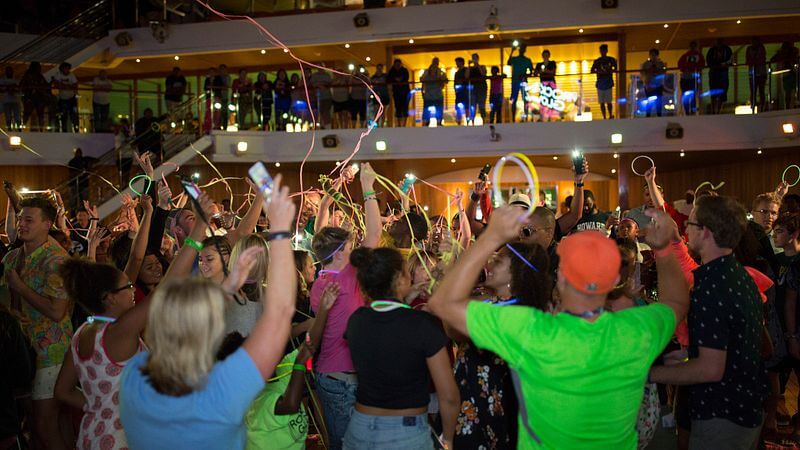
While cruise lines try to avoid selling cabins on dates they know may be chartered, sometimes a charter is confirmed late in the booking cycle. If the ship still has a large number of unsold cabins, the cruise line may accept the charter and cancel existing reservations.
In some cases, charters are organized for special interest groups (like music festivals at sea), or corporate events. On rare occasions, ships have also been chartered by government agencies – for example, to house relief workers during natural disasters – leading to mass cancellations.
While cruise lines will typically avoid cancelling cruises for a charter if a lot of cabins have been sold, ultimately they might still pick the charter option – especially if it’s from a wealthy party that is willing to pay top dollar.

It’s frustrating – the cruise line is basically admitting that they value the other business over your own cruise booking – but they’re within their rights.
Guests affected by charters are usually given a full refund and offered options to rebook on another sailing – either the same itinerary at a different date or a similar route on another ship.
Additional incentives like cabin upgrades, onboard credit, or airfare change fee reimbursements are commonly included to ease the inconvenience.
Those will typically depend on how far out the ship is chartered, and how much notification you get. The closer to the sailing date, the more perks you’ll be offered as a gesture of goodwill.
Most charter cancellations happen many months in advance, so often it’s just a standard refund that you’ll be given.
Suggested reads:
2. The Ship Has Been Sold
Sometimes a ship is sold or transferred to another cruise line. In the case of an older ship, it may even be sold for scrap.
I once booked a cruise on a 50-year-old cruise ship owned by the now-defunct Cruise & Maritime Voyages. Unfortunately, she was scrapped before I could sail.

When a ship is sold, all future sailings after the handover date are cancelled, as your booking doesn’t transfer with the vessel.
Guests are usually contacted and offered either a full refund or a comparable cruise on a sister ship, often with some goodwill compensation.
Suggested read: Cruise Line Fleet Shrinking Again As Another Ship Sold
3. The Ship Has Been Redeployed
If a new destination becomes popular, then a ship may be reassigned to serve that region. Or conversely, if a region starts to experience some political troubles, then ships may be redeployed to move away from that region. The Red Sea region is the perfect example.

When this happens, passengers already booked on the original itinerary may be transferred to another ship or date, or given the option of cancelling.
When this happens, passengers are typically offered a refund, or the option of being rebooked on a different itinerary – sometimes with an upgraded cabin.
Suggested read: Norwegian Cruise Line’s Latest Mass Cancellations Affect 40+ Sailings
4. The Ship Needs Urgent Repairs
Cruise ships require regular maintenance and must occasionally undergo emergency repairs.
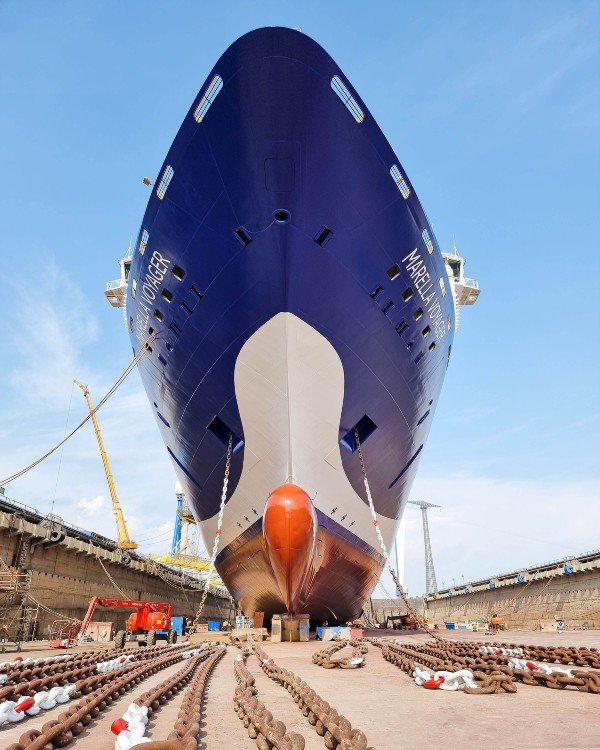
Scheduled dry docks are usually planned well in advance and factored into published itineraries. However, technical issues or regulatory requirements can trigger unplanned dock time.
In rare cases, cruises may be cancelled just days (or even hours) before departure due to propulsion issues, failed safety inspections, or mechanical failure.
More commonly, sailings may be shortened by a day or two to allow time for scheduled maintenance.
When a cruise is cancelled due to repairs, the standard compensation includes a full refund plus a credit for a future cruise – often equal to 100% of the original fare.
If the cancellation happens further out – because of planned maintenance – it’s more likely to be a refund with a smaller future cruise credit, or an offer of bonus onboard credit when you rebook.
If your cruise is shortened, cruise lines may offer a hotel stay, partial fare refunds, and future cruise discounts to make up for the lost time.
Suggested reads:
5. The Cruise Has Been Overbooked
Just like airlines, some cruise lines overbook to account for last-minute cancellations.

While systems have improved to reduce this risk, it does occasionally happen. If too few people cancel, the cruise line may find itself with more bookings than beds.
In most cases, passengers are contacted in advance and asked if they’d voluntarily change to another cruise – often in exchange for perks.
However, there have been instances where travellers received the news unexpectedly, even at the airport en route to the cruise.
Voluntary rebooking often comes with generous incentives: cabin upgrades, free cruise credits, onboard spending money, or a longer cruise for no additional cost.
If you’re involuntarily bumped, compensation typically includes a full refund, an alternative sailing, and possibly added perks to make up for the disruption.
Suggested reads:
6. The Ship Isn’t Ready
Booking a maiden voyage on a brand new cruise ship is a lot riskier than you think. All sorts of delayed can happen in the shipyard for all sorts of reasons – and if the ship isn’t ready for guests, the first sailing will be cancelled.
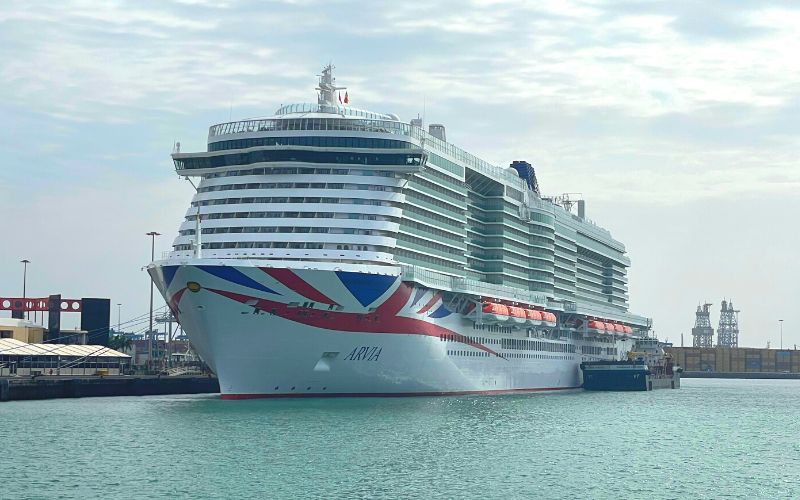
For this reason, I would never book a maiden voyage. It’s just too risky. I did once book the cruise after the maiden voyage on Arvia, but when the first cruise was cancelled due to shipyard delays, our cruise became the new maiden.
While we were certainly luckier than the guests before us, the delays meant that there was less time for crew training than anticipated. And as our cruise departed on 23rd December, several guests felt that their Christmas Day had been ‘ruined’ by the experience.
Usually, only one or two cruises are cancelled due to shipyard delays, but it can be a lot more. Disney Cruise Line’s ship, Disney Adventure, has been delayed for a whopping three months – with thousands of cruisers affected.
In this case, cruisersd will receive a full refund, along with a 50% discount on a future sailing. Those due top sail on the maiden voyage will be rebooked onto the next maiden, several months later, with the option to cancel.
What to Do If You’re Bumped
If you find yourself on the receiving end of a cancellation notice, here are a few things to keep in mind:
- Stay calm. It’s frustrating, but most cruise lines aim to make things right. And unfortunately you likely can’t argue your case, because your contact allows them to make these changes.
- Understand your options. You’ll usually be offered a refund or a chance to rebook. Look carefully at the choices and see what works best for you.
- Negotiate thoughtfully. If the line doesn’t offer to cover certain expenses – like prepaid hotels or airline changes – it’s okay to ask. Be polite but firm.
- Have a backup plan. Consider alternate dates, itineraries, or even other cruise lines if you’re flexible.
How to Minimise the Risk
While you can’t prevent every scenario, here are steps you can take to reduce your chances of being bumped:

- Avoid booking a Guarantee cabin. If a cruise is overbooked then the people with a Guarantee cabin are often the first to be bumped involuntarily.
- Buy travel insurance. A comprehensive third-party policy can protect not only your cruise fare but also related expenses like airfare and hotels. Some policies include “cancel for any reason” clauses that add extra flexibility.
- Work with a travel agent. Cruise-focused travel agents often have insider knowledge, can flag ships likely to be chartered or redeployed, and are better equipped to advocate for you if things go awry.
- Book early – but not too early. Booking too far in advance increases the risk of itinerary changes, charters, or redeployments. Booking a few months out may reduce the risk of unexpected changes.
Final Word
Being bumped from a cruise is rare, but it can happen – and usually for reasons beyond your control.
The best defence is awareness, flexibility, and good preparation.
If you do get bumped, know that cruise lines generally try to make the situation right – and sometimes, what starts as a setback can turn into an upgrade.
My Recommendation
My recommendation for cruise insurance depends on where you live.
These are trusted price comparison sites that will quickly get you lots of quotes to match your exact needs.
Related Posts
If you found this interesting, please share!
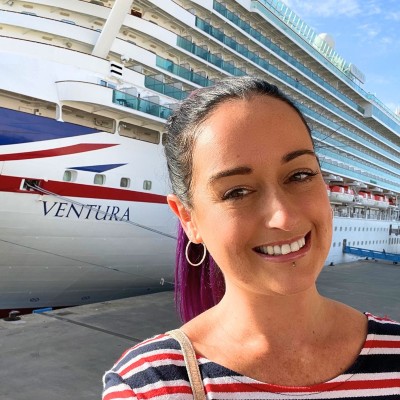
Jenni Fielding is the founder of Cruise Mummy. She has worked in the cruise industry since 2015 and has taken over 30 cruises. Now, she helps over 1 million people per month to plan their perfect cruise holidays.

